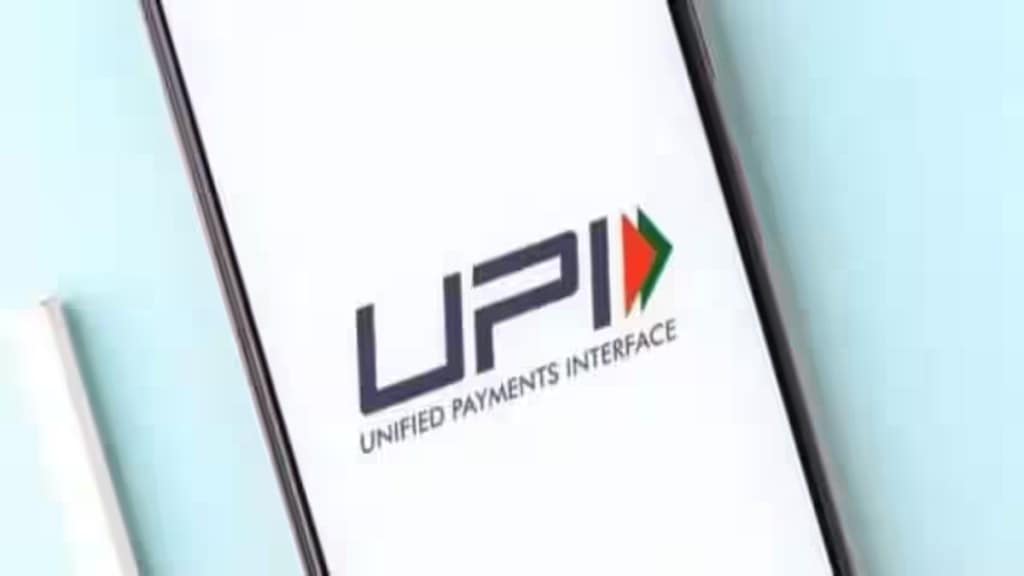India accounted for 48.5 per cent of global real-time payments by volume in FY25, primarily driven by Unified Payments Interface (UPI), the Reserve Bank of India (RBI) said in its Annual Report released on Thursday.
Per the report released by the central bank, UPI transactions increased by 41.7 per cent in terms of volume and 30.3 per cent in terms of value, while NEFT transactions rose by 32.4 per cent in terms of volume and 13.4 per cent in terms of value. In terms of volume, UPI transactions had the highest share (84 per cent) in total retail payments during 2024-25.
The growth in digital payments during the year, RBI said, was aided by Payments Infrastructure Development Fund (PIDF) by subsidising the availability of acceptance infrastructure, especially in Tier III to Tier VI centres. During FY25, the number of point of sale (PoS) terminals increased by 24.7 per cent to 1.1 crore. UPI Quick Response (QR) codes increased by 91.5 per cent to 65.8 crore as on March 31, 2025.
The FY25 Annual Report said that the RBI, in collaboration with NPCI International Payments Ltd (NIPL), is working towards taking UPI to 20 countries with initiation timeline of 2024- 25 and completion timeline of 2028-29.
Initiatives against bank frauds
The report further said that initiatives such as the ‘Delegated Payments’ feature under the Payments Vision 2025 was introduced to deepen the reach and usage of digital payments.
The Annual Report maintained that bank frauds have reduced in FY25 but the amount involved went up almost three-fold and most cases occurred in digital payments. Private-sector banks reported more cases but state-owned lenders “contributed maximum” to the fraud amount, it added. As many as 23,953 incidences of fraud involving banks took place, down 34 per cent from FY24. The amount involved in frauds in FY25 was Rs 36,014 crore, up almost three times.
Meanwhile, the RBI continued with its initiatives during 2024-25 to enhance the efficiency, security, and accessibility of payment systems, fostering a more inclusive and resilient digital payments ecosystem. “Efforts towards accelerating global outreach of India’s domestic payment systems, particularly Unified Payments Interface (UPI) and RuPay cards, were sustained. The Reserve Bank seeks to leverage the latest technology to provide the best-inclass information and communication technology (ICT) infrastructure,” it said.
Regulatory efforts during the period also took centre stage on strengthening fraud reporting mechanisms and encouraging information security preparedness, with an emphasis on cyber resilience.
Further, to combat the increasing instances of fraud in digital payments, the RBI proposed to introduce an exclusive internet domain for the banks in India in the form of ‘bank.in’ on February 7, 2025.
